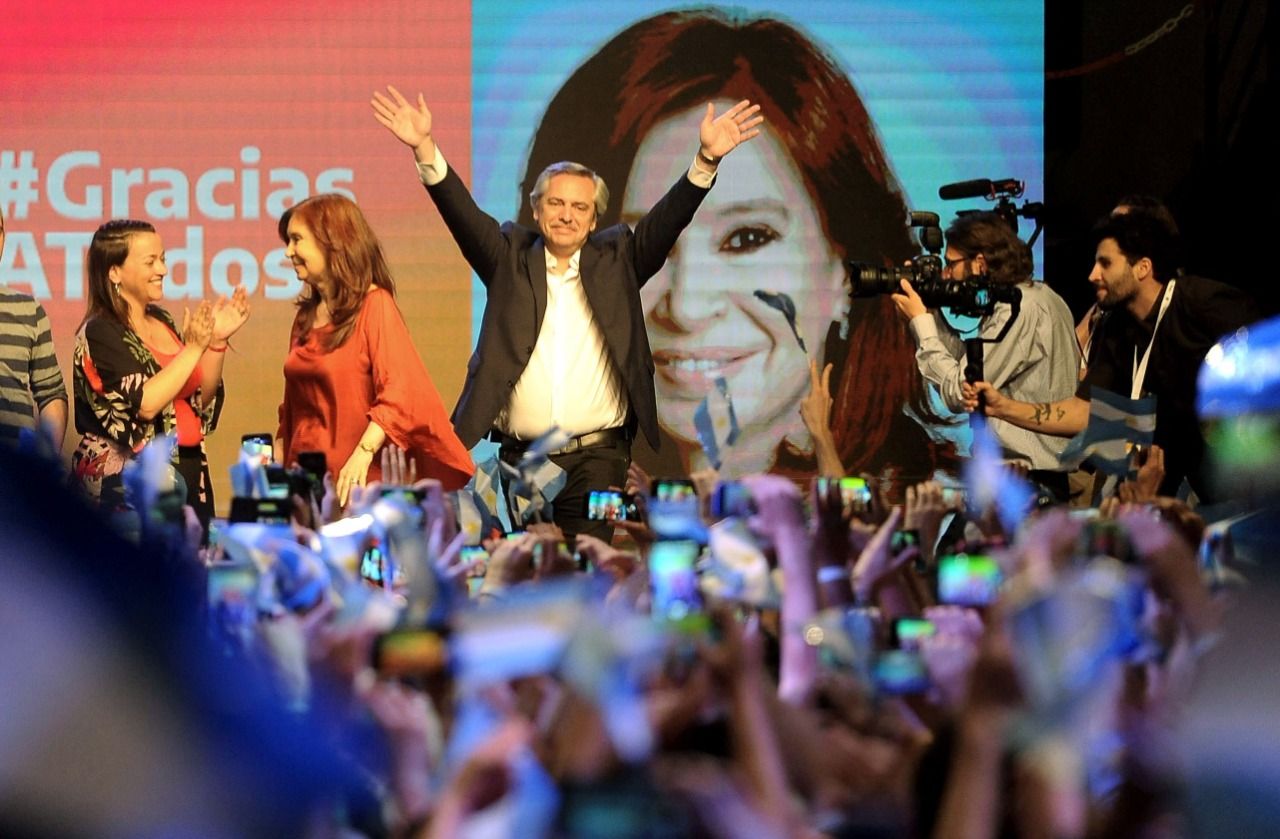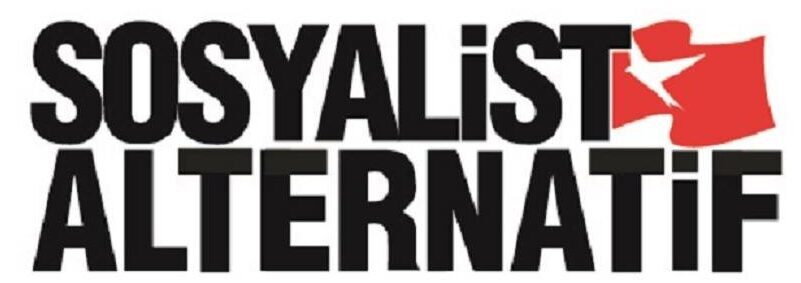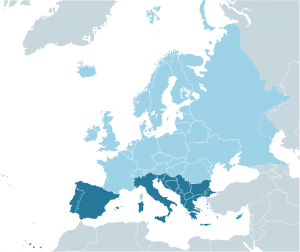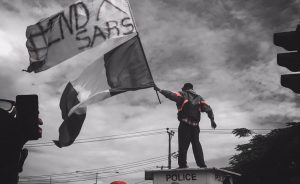
One year into the government of Alberto Fernandez, discontent is rising, spurred on by his government’s response to the crisis.
Marcos Ariel
ISA supporter in Argentina
It has been one year since the election of Alberto and Cristina Fernández, which generated positive expectations in large sectors of Argentinian society, fundamentally among the working class, the youth and the women’s movement. But during the last few months, as the economic crisis and the pandemic grow, wear and tear begins to be felt even among Fernandez’s own social and voting base, which increasingly holds him responsible for the deplorable situation in which the country finds itself. The reason for this is not the pandemic or quarantine, but the government’s responses to the economic, social and healthcare crisis.
The Debt is to the People!
A recent report of the INDEC (National Institute of Statistics and Censuses) is blunt about the increase in poverty (40%) and destitution (10%) that grew due to rising food prices, layoffs (although they are prohibited), the lack of wage increases and the scarcity of social assistance. More than 18 million poor people, and almost 5 million destitute people, are the expression of the 19.1% fall in the economy. Unemployment increased by 13.1% (more than 1.4 million jobs were lost between the informal and formal sectors) and inflation is running at 42.8%. We are experiencing levels of poverty similar to the crisis of 2001 that ended in a social explosion that the world knew as “El Argentinazo”.
In the face of this, the President only said that if it were not for state assistance, it would have been worse. The only state aid given to workers was the IFE (Emergency Family Income) which reached almost 9 million people. This income, which in addition to being scarce (barely 10,000 Argentinian pesos (€110, $129) when the basic food basket is worth 40,000 Argentinian pesos ( €440, $516) was only paid three times in eight months, that is to say that the government did not pay even half of what was announced.
On the other hand, the benefits that the unemployed receive and which were already being paid for before Fernandez took over, did not see any increase. On average, an unemployed person is paid 8,000 Argentinian pesos (€88, $103) which is totally insufficient to cover minimum food needs. Also, pensions did not increase, when the minimum pension is 16,000 Argentinian pesos (€176, $206). Those whom the crisis punishes most are children, young people and women. Child poverty has reached 60%.
This is in contrast to all the benefits received by both national and foreign capitalists, such as the vulture debt funds, which since this government began, collected more than 5 billion dollars in debt payments. The IMF is also returning to the country, received by the government with open arms, ready to pay, without even investigating, as it promised during the election campaign, the debt contracted by Macri. All the businesses benefited from the payment of half of their employees’ salaries by the state, and the tax paid by the grain exporters and the mining industry was also reduced. The much-announced wealth tax will in the end be a once-off “solidarity contribution” and will only affect those who have declared more than $200 million in wealth. Half of the proceeds will be used to subsidize companies “in crisis”, like the oil companies.
As a result, during the pandemic, there was a brutal leap in the gap between the rich and the poor, so that the richest 10% of the population amassed 25 times what the poorest 10% received.
The tragedy of Argentina is that being a country with great natural wealth that produces food for 300 million people, it is unable to feed its population of 40 million. Despite having an extensive territory there are millions of families without a piece of land to live on. Having been one of the countries with the most advanced social rights in Latin America, with a quality public health system, and a free public education system from kindergarten to university, today the health system is on the verge of collapse and millions of children and young people have dropped out of school.
But this Argentine crisis has structural roots. In order not to go too far back, we only need to look at the great crisis of 2001, when the neoliberal model of the 1990s exploded, leaving a 20% poverty rate, factories closed, state enterprises privatized and emptied. The decade that followed was marked by a “recovery” and an economic honeymoon that was a product of the growth of the world economy that favored the prices of Argentine commodities. But despite the favorable trade surplus, levels of inequality and precarious work increased, even though some palliatives were granted through social assistance plans. For example, during the entire “Kirchnerist decade” (12 years in which Nestor and Cristina (Fernandez) Kirchner governed the country) poverty did not fall below 25% and during the 4 years of Macri’s government it grew to 35%.
Despite the rhetoric of developmental nationalism used by all the governments since, including that of Alberto Fernandez, the truth is that they all continued to deepen the model of dependent capitalism, whose almost exclusive basis is the export of raw materials without added value such as agriculture, mining, and oil. This leads to the consequent destruction of the environment and nature, as we are seeing with the intentional fires which spread throughout the native forests.
The class struggle, a lesson from the recent past
But the lessons of the “argentinazo” are still present in memory and collective action. We see this in the more than 2,500 homeless families who are occupying the land in Guernica, in Province of Buenos Aires and resist the threats of eviction by Kirchnerist governor, Axel Kicillof. In the enormous struggle of the teachers in Mendoza who mobilized 20,000 people against the privatization of schools. Healthcare workers who are essential, but who this government treats as disposable, have begun to mobilize. The massive mobilizations in the province of Jujuy against femicide. Or the enormous social movement that is mobilizing against the destruction of the environment and that achieved a victory by momentarily suspending the agreement with China that aims to mega-factories for pork production. If these struggles are not stronger, it is because of the trade union federations and their leaderships, who continue to trust the government.
But it is becoming increasingly clear in the eyes of thousands that there is nothing progressive about the government of Alberto Fernandez. The promises of his Frente de Todos (United Front for Everyone) electoral alliance to “fill up the fridge and go back to eating barbeques,” that is, to redistribute wealth and implement a model of social justice that favors the most neglected sectors and even give more rights to women and the LGBTQI+ community, had a broad base of support. But none of this has happened. In addition to the increase in poverty, women’s rights continue to be neglected, femicides increased during the quarantine and government spokespersons have already said that legal abortion is not a priority this year.
The story that the crisis is to blame or that the traditional right wing is to blame no longer has any basis in reality. The right wing tries to ride on the discontent but it cannot, because they too are responsible, and the people do not forget that until recently they themselves ruled. In fact, Macri comes in last place in every poll on who people would vote for. The government also seeks to give them air because it needs a convenient enemy to blame for their problems. Most seriously, they have strengthened the police apparatus and raised their wages, and supported the fascistic minister Sergio Berni in Buenos Aires province, who was responsible for an armed protest outside the presidential residence on September the 9th!
The government’s roadmap is already indicated by the budget for 2021, which contemplates further cuts to social services, eliminating the IFE and establishing the goal of cutting public spending by half.
How this will end is difficult to say, but the masses do not tend to take betrayals well. Unlike when the discontent with Macri occurred, and Peronism in the opposition acted as a brake, so that mobilized workers would not throw him out. This time the crisis finds Peronism in power for the first time and with an opposition that will not be able to stop the angry masses, since they have no popular representation.
For a Left Alternative for Argentina, a Socialist Alternative
Given this panorama, the Argentinian left has a great responsibility to show the working class as a whole an alternative. There is still no political force on the left with the capacity to channel discontent into organization on a mass level. The Front of the Left and Workers (FIT (U) ) is an electoral front that finds it difficult to advance towards something broader and of collective construction, similar to PSOL of Brazil or another variant of a broad left party, or workers’ party that contains all the diversity of political currents and personalities of the left and even includes sectors that had hopes in the government.
Building a left that does not fall into sterile self-proclamatory sectarianism or into opportunism that seeks shortcuts that lead to dead ends, is the present task and it is the challenge that Socialist Alternative International has before it, that with patience and perseverance attached to the working class, will be achieved.
To have a truly independent country with social justice, political sovereignty and economic independence, it is necessary to break with dependency on imperialism and move forward to empower the working class, the youth and the women’s movement. But that will not be done by this government or by any government of the capitalists. It is only possible with a government of the workers and the people, which begins by breaking with this capitalist system and moving towards a socialist Argentina.
6 OCTOBER 2020


